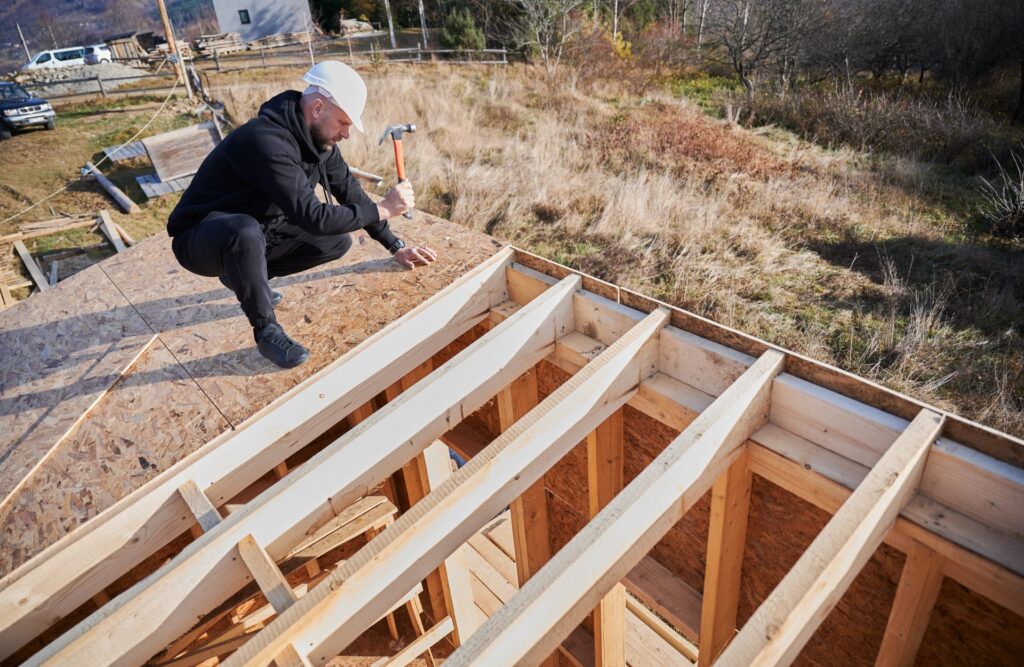Which State Has the Most Tornadoes?
Almost every year, Texas reports more tornadoes than any other state. As of May 28, ninety-six tornadoes had already been reported in Texas in 2024. If a tornado damages your property, and your damage claim is rejected, you must contact a Texas tornado damage attorney at once.
It’s important to know the details of your homeowners insurance policy. Most homeowners policies cover some tornado damage, but what most policies don’t cover is the damage from the flooding that may happen during a tornado.
What Insurance Does a Texas Homeowner Need?
Most insurance companies and property damage attorneys recommend adding flood insurance if your home is located in a flood-prone area. For most Texas homeowners, full coverage from natural disasters requires standard homeowners insurance, flood, and earthquake coverage.
Additionally, in high-risk areas along the Texas Gulf Coast or in “Tornado Alley” in North Texas, hail and wind damages might not be covered by a standard homeowners policy, and many homeowners may need to purchase separate hail and wind coverage.
What Should You Know About Tornadoes and Insurance Coverage?
In a tornado’s aftermath, insurance companies are obligated to help policyholders repair their homes. Some insurance companies, faced with the prospect of paying millions in claims after tornado activity, may reject claims, make inadequate settlement offers, or delay payouts.
For homeowners who have sustained serious damages, some insurance companies make a difficult situation even worse. When you purchase homeowners insurance, it’s important to know the following:
- A standard homeowners policy covers tornado damage but not flood damage associated with a tornado. Flood damage is never covered by standard homeowners insurance.
- If you reside along the Gulf Coast or in the region known as “Tornado Alley,” which includes parts of North Texas and Oklahoma, you may have to purchase separate wind and hail coverage.
- Tornado damage coverage does not come with its own deductible. Amounts and exclusions vary, so get specific details before you purchase any additional wind, hail, or flood coverage.
Take These Steps if Your Home Sustains Tornado Damage
Most property insurance policies require policyholders to take these steps promptly after a tornado. Take photos of the property damage, file your claim quickly, and maintain a record of your correspondence and conversations with your homeowners insurance company.
Insurance companies may try to reduce payout amounts, especially when they receive thousands of claims after tornado activity. If you’re a policyholder, you may expect a “lowball” offer or a denial of your claim for tornado damage.
That’s why you need to understand every provision of your homeowners policy. If you know the details of your policy and your tornado damage claim is rejected, you’ll know whether your insurance company is operating in good faith.
What if Your Tornado Damage Claim is Mishandled?
After severe tornado activity, too many property insurance companies deny tornado damage claims – or refuse to pay what those claims are worth – as homeowners and families in Texas try to recover from tornado damage and repair their homes.
If your tornado damage claim is mishandled by your insurance company, reach out to a Texas tornado damage lawyer at once and ask that lawyer to protect your rights and take appropriate legal action on behalf of your claim.
When a property insurance company fails to meet its obligations to you, makes excuses, ignores your calls and emails, and has not paid you after a number of weeks have passed, the company may be operating in bad faith.
How Should You Deal With Insurance Bad Faith?
After your property sustains tornado damage, if you believe that your property insurance company is operating in bad faith, having your Texas tornado damage attorney write a letter to the company may be enough to motivate the company to offer you an acceptable payout.
But if a letter from your lawyer isn’t effective, you may have to bring a lawsuit against the insurance company. Insurance companies generally try to avoid court because a company may be ordered by the court to pay your lawyer’s fee along with the amount of your damage claim.
However, if the company refuses to negotiate in good faith with you and your lawyer, your lawyer will take the company to court and ask the court to order the payment of your claim.
What Else Do You Need to Know About Tornado Damage Claims?
A two-year statute of limitations applies in this state to any lawsuit related to the replacement or repair of damaged or demolished property, but do not wait two years to contact a Texas tornado damage lawyer. The sooner you act, the more likely your lawsuit will prevail.
If your property has sustained tornado damage, your first consultation with a storm damage lawyer is provided with no obligation or cost, and you’ll pay that lawyer no fee unless and until you receive a payout from your property insurance company for your tornado damage.
In some cases, a Texas court may also order an insurance company to pay a policyholder’s legal fees along with the amount of the claim. If your insurance company will not cooperate with you after a tornado, contact a Texas storm damage attorney immediately for the legal help you need.
Let Stormlex Law Group Handle Your Tornado Damage Claim
With over five decades of combined legal experience, the storm damage attorneys at Stormlex Law Group have resolved over 12,000 claims, and we’ve recovered millions of dollars for homeowners in San Antonio and Dallas Texas.
We represent homeowners on a contingent fee basis. This means you owe no lawyer’s fee to Stormlex Law Group until and unless Stormlex recovers your damage payout with an out-of-court settlement or a court judgment.
If your tornado damage claim has been rejected, or if you have a property damage claim denied in the future, contact Stormlex Law Group at once from anywhere in Texas or the south-central United States by calling 877-890-6372.
Disclaimer: The blog posts shared on stormlex.com are intended for general informational purposes and may not apply to your specific situation. For personalized legal advice concerning your policy or claim, contact our office directly at 877-890-6372
















